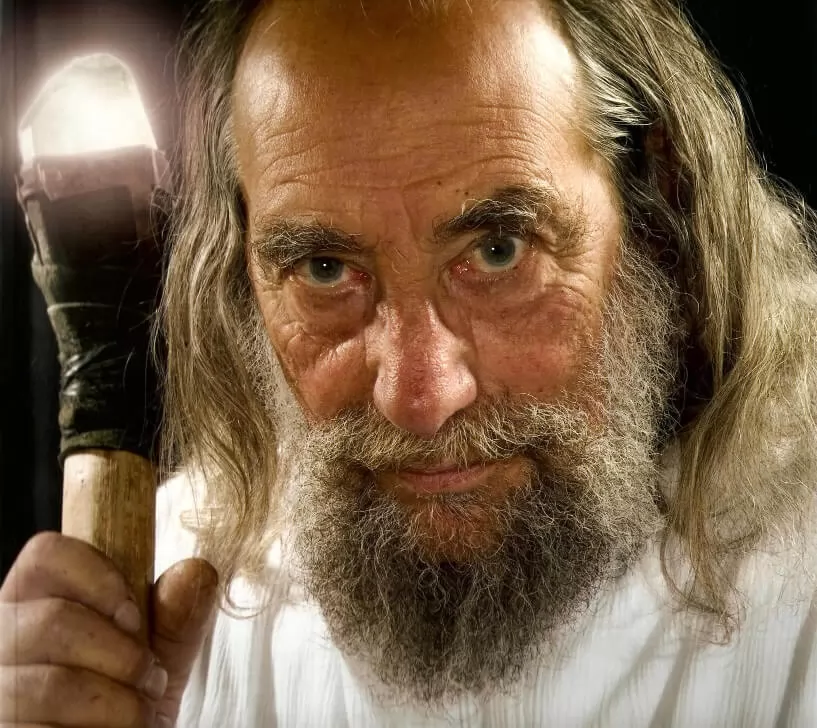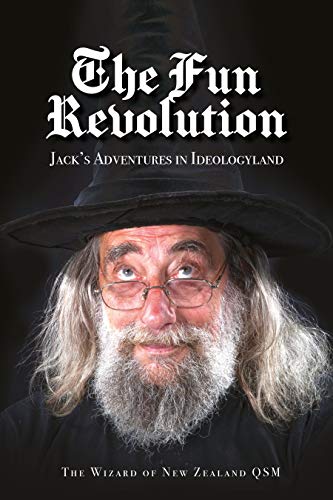Can we learn from the Last Dark Age in Europe?
With the implosion of the Roman Empire in the fifth century BCE the political, economic, intellectual and technological institutions throughout most of Europe rapidly declined and collapsed. One sophisticated institution survived and became increasingly important, the Church, with its established creed and systematic canon law system administered by literate bishops. This was based on the principle of the equality of moral worth of all human souls regardless of age, gender, race, religion or class. Swamped by barbarian invasions and supported only by low-level agricultural economies, Western Christian Europe not only survived but underwent a gradual political and economic revival directed by the monastic orders and churches who easily converted the rulers of the invading pagan armies. The Franks, new warrior converts, threw back the conquering armies who had occupied Christian Spain and were attempting to conquer and convert Western Europe to Islam. Until the Millennium, when the havoc caused by the Vikings finally eased, the future of Western civilisation was still uncertain. By 1100, following the Christian conversion of the Norsemen, Europe was covered in fine stone buildings, the towns were growing, and technology less dependent on slave labour was being invented. Unfortunately Caesaro-papism in the Vatican in Rome weakened the Christian canon-law-based ethical system and separation of Church and State. This eventually led to the Renaissance with its partial return to the old Greco-Roman ideology of military conquest and economic determinism.
The politically and economically weak Christians in the Dark Ages, often hiding on remote islands for safety, had preserved past learning and Christian ethics until talented secular rulers like Charles Martel, Charlemagne and Alfred could save the Christian religion, return law and order and rebuild by establishing the King’s Peace. Can we learn lessons from this remarkable story of recovery from the brink?

